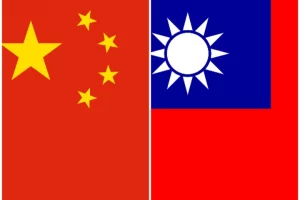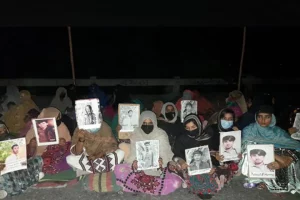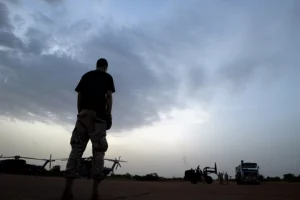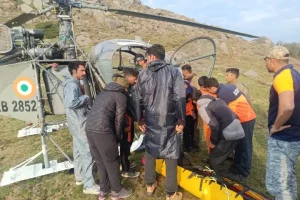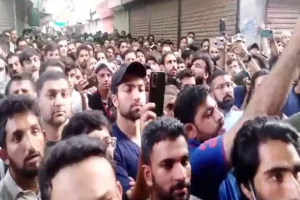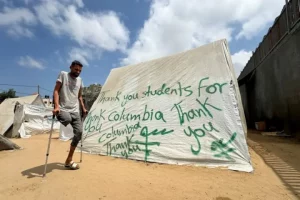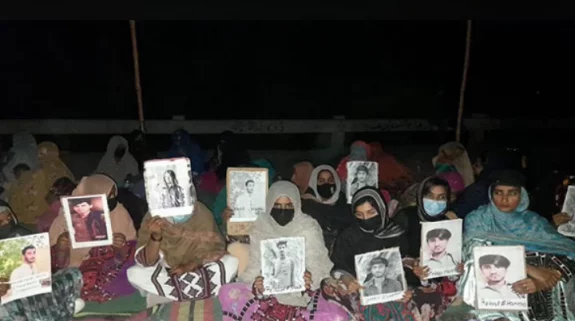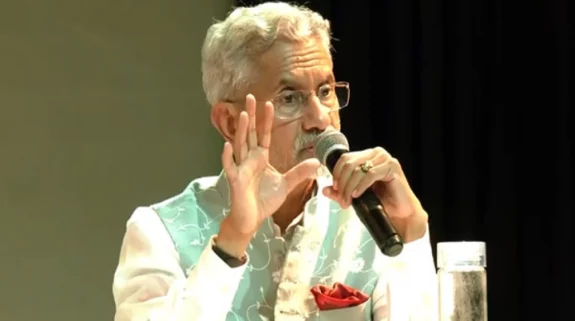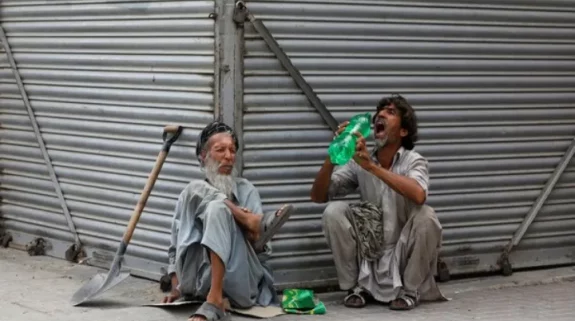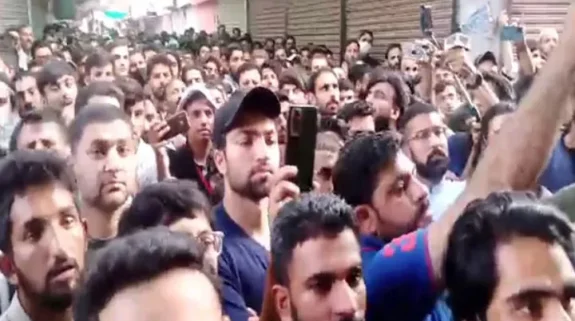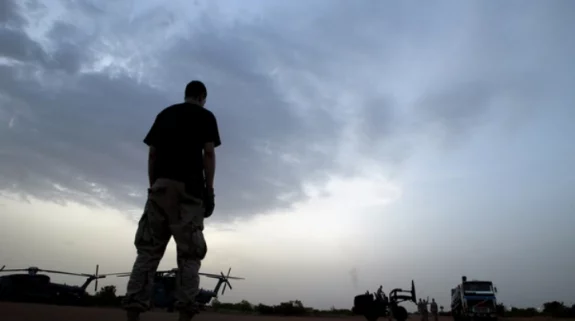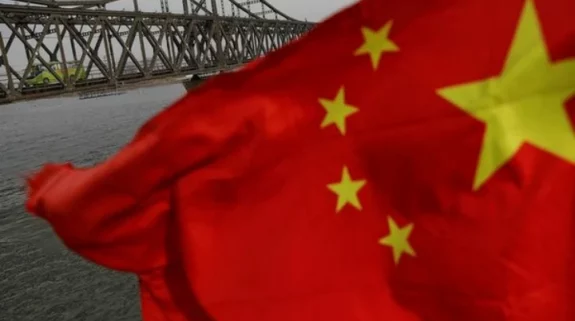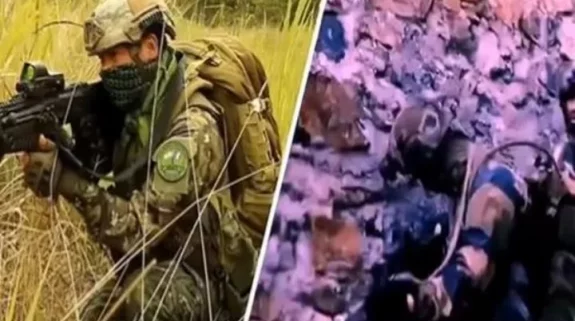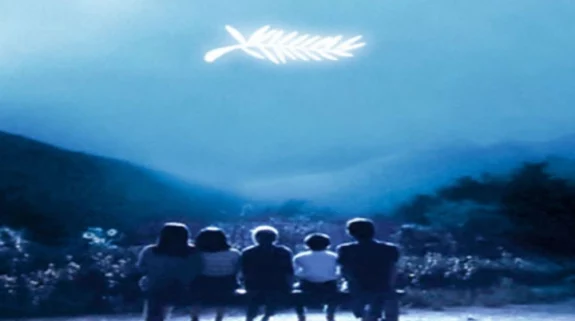Known for inventiveness, the doyen of Indian classical vocalists, Ajoy Chakrabarty has a pleasant surprise up his sleeve. On the occasion of celebration of Bangabandhu Sheikh Mujibur Rahman’s birth centenary, 50 years of Bangladesh’s independence and India-Bangladesh relations, he will be rendering a new raga created by him — aptly named Maitree – which means benevolence, amity and friendliness.
The ode to India-Bangladesh friendship, Maitree has been composed within the traditional and classical rules of raga music. In a YouTube video, Chakrabarty says, “I have composed this raga and this is the first time it will be presented.” Bringing his modesty to the fore, he adds: “I don’t call myself as the creator since it is through the Almighty God’s blessings the raga has come about and I am merely the medium.”
Elucidating on the raga, Chakrabarty says: “Maitree is a combination of Abhogi and Hemant ragas. Hemant was created by the renowned Baba Allauddin Khan, who was born in Bangladesh and so were my parents.”
Describing Maitree as a surprise presentation on the historic and special occasion, the doyen classical singer added, “The three compositions are in Sanskrit, Hindi and in Bangla, respectively and I will sing them.”
Giving further details, he added that the Sanskrit one is composed by the renowned philosopher Dr. Arindam Chakraborti, professor of Hawaii University, US while Dr. Susmita Basu Majumder has composed the Hindi lyric and Dr Ravi Burman, professor of Hindi has developed it. The Bangla song is penned by Chakrabarty’s student, young maestro and composer Anal Chatterjee. The musical composition of all these three songs has been done Chakrabarty himself.
Renowned vocalist Pandit Ajoy Chakrabarty composed a new raag named #Maitree to commemorate the celebrations of #Bangabandhu's birth centenary & as an ode to #BangladeshIndiaFriendship. It will be a historical program in presence of both PM's of #Bangladesh & #India.#Mujib100 pic.twitter.com/q4PvJDtlB5
— Mujib 100 মুজিব শতবর্ষ (@mujib100_ofcl) March 23, 2021
Regarded as a cult figure among the present generation of Indian classical performers, Chakrabarty, the doyen of Patiala-Kasur gharana, primarily represents the renowned Ustad Bade Ghulam Ali Khan’s gayaki. His wide exposure to varied genres and their maestros and musicologists, allows him to skillfully reflect the nuances and attributes of other gharanas like Delhi, Gwalior, Agra, Rampur, Jaipur etc and even South India’s Carnatic music.
Initially trained by his father, Ajit Kumar Chakraborty, Pannalal Samanta and Kanaidas Baigari, he was later instructed by Padma Bhushan Pandit Jnan Prakash Ghosh even while continuing his tutelage under Ustad Munawar Ali Khan, son of Ustad Bade Ghulam Ali Khan. His other gurus include Ustad Latafat Hussain Khan, Pandit Nibruttibua Sarnaik, Vidushi Hirabai Barodekar andDr. M. Balamuralikrishna.
While completely at home in pure classical genre, Chakraborty is adroit in thumri, tappa, geet, bhajan, keertan, folk, film/non-film and modern songs, in varied languages, like Hindi, Urdu, Bengali, Tamil, Telugu, Persian and English.






